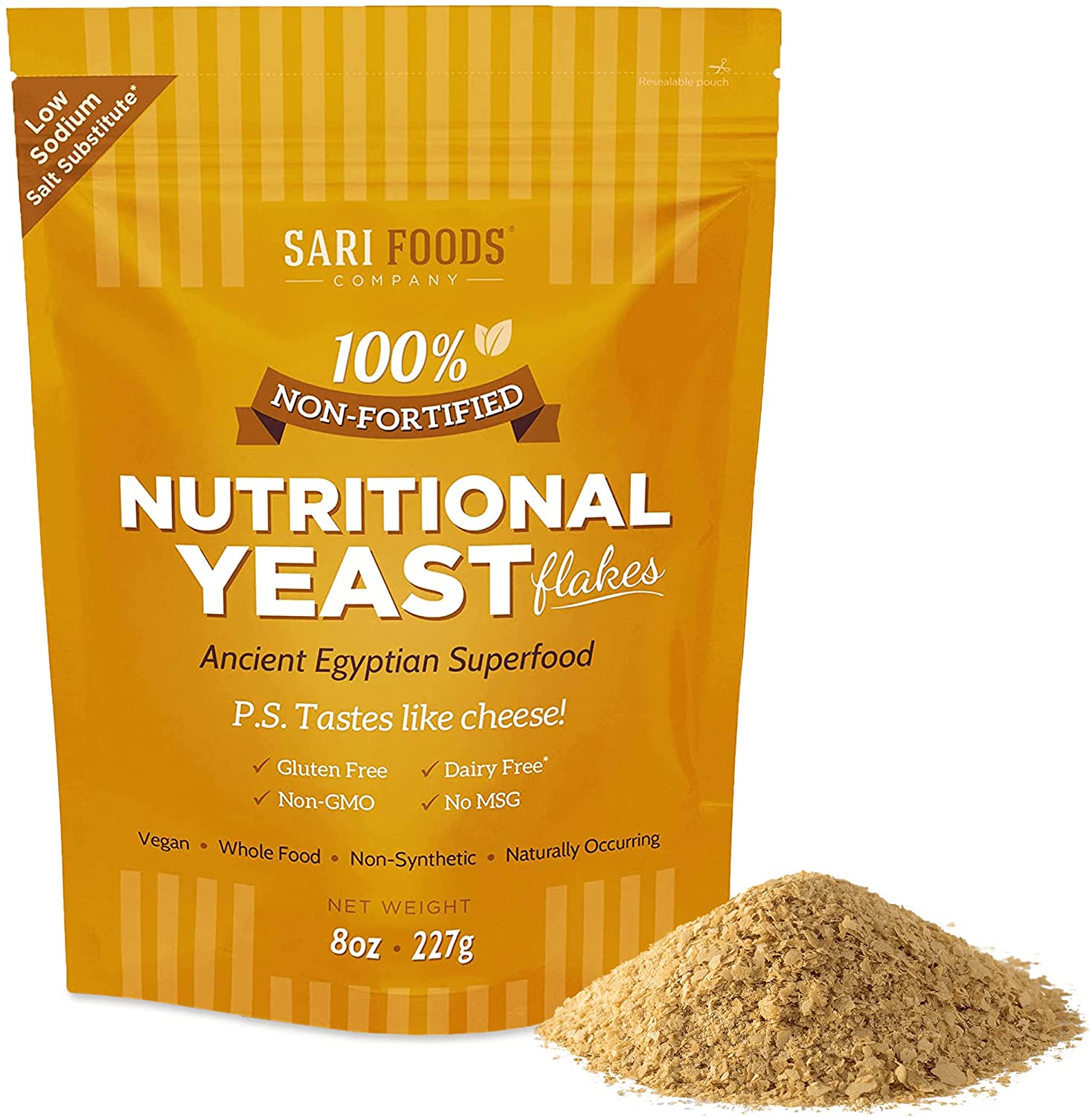Products |
Nutritional Yeast
By
Published: May 23, 2022
Category:
Health
In something I’m writing that might grow up to be a novel, we’re on Nantucket, where even the new money is less vulgar than it is in the Hamptons. Think: shingled houses, sailboats instead of yachts, Teslas as the exception. Some billionaires like the quiet and the privacy and move here for the summer, jetting to the mainland only when necessary.
In my fiction, eight billionaires — all male, of course — have dinner every few Fridays in the summer. They’re not plotting world domination. They’re discussing national issues and global crisis — they’re a private, off-the-record think tank.
They’re all of a certain age, and their health is a large issue for them — maybe the largest — but it’s too scary to talk about, because all their money can’t buy it. Their biggest fear: dementia and Alzheimer’s. Losing their cognitive powers, dependent on caretakers, forgotten figures to be pitied — it haunts their dreams. Especially now, because one of them no longer comes to dinners. He was vague for a while, now he’s losing it, and his family has him on house arrest.
How did I dream up this scene? Because I’ve been making some unforced errors. Not the obvious, like leaving my keys in the refrigerator. I make more subtle goofs, often in judgment. Adding ingredients to recipes out of order in recipes I’ve made forever. Forgetting the line that made me want to write the piece until I’m just about to publish it. Little things, but it seems there are more of them now. Only I notice, but I worry. And my daughter has joked, for years, “It’s a little late to be concerned about ‘early onset.’”
I’m just back from a gathering of super-smart elders, and I shared my concerns with a wise woman I’ve known and admired for half a century. She had a suggestion: nutritional yeast. “I was starting to feel dull and sluggish,” she said. “The first day I took nutritional yeast, my brain woke up.”
First day effects are often dramatic, but as I Googled, I learned there is some substance here. As Medical News Today reports:
Nutritional yeast is not the same as brewer’s yeast. Nutritional yeast is similar to the yeast that people use in baking, but it undergoes a heating and drying process that renders it inactive. It is dairy-free and usually gluten-free. As a result, it can be a useful supplement for people with food allergies. It is low in fat and contains no sugar or soy.
Typically, one-quarter of a cup of nutritional yeast:
60 calories
8 grams (g) of protein
3 g of fiber
1.85 milligrams (mg) of thiamine, or vitamin B-1
9.70 mg of riboflavin, or vitamin B-2
5.90 mg of vitamin B-6
17.60 micrograms (mcg) of vitamin B-12. (NOTE: Adults need about 2.4 mcg of vitamin B-12 per day. One-quarter of a cup of nutritional yeast provides more than seven times this amount.)
Nutritional yeast comes either in the form of flakes or as a powder. It has a savory, nutty, or cheesy flavor. Consider it as a seasoning you can use on pasta, vegetables, and salads. The favorite use: on popcorn, instead of butter or salt. Use it on risotto instead of Parmesan cheese. In vegan macaroni and cheese dish, In creamy soups (I’m about to try it in squash soup.]
Who shouldn’t use it? People with inflammatory bowel disease, glaucoma, and hypertension.
How much does it help? Unclear. The National Library of Medicine gives it modest praise: It eliminates a deficiency.
We argue that none of the B-vitamins has a strong basis of association with Alzheimer’s disease, and at this point in the research, only deficiency in vitamin B12 can be linked credibly to mental decline in the US population.
Or, as the wisest healer I know, told me, “It can’t hoit.”
What to buy?
Anthony’s Yeast Flakes are the #1 best seller on Amazon. A pound costs $14.89. [To buy them from Amazon, click here.]
Sari Yeast Flakes are also highly praised. Eight ounces cost $18. [To buy them from Amazon, click here.]
Which did I buy? The Sari. Yes, I paid more to get less. My reasoning: a pound seemed like a big commitment. Then again, this could be a sign of dementia.
Do you use nutritional yeast? Please write me at HeadButlerNYC@AOL.com and share your experience.
[with thanks to Mary Dewart and Deborah Cindrich]


